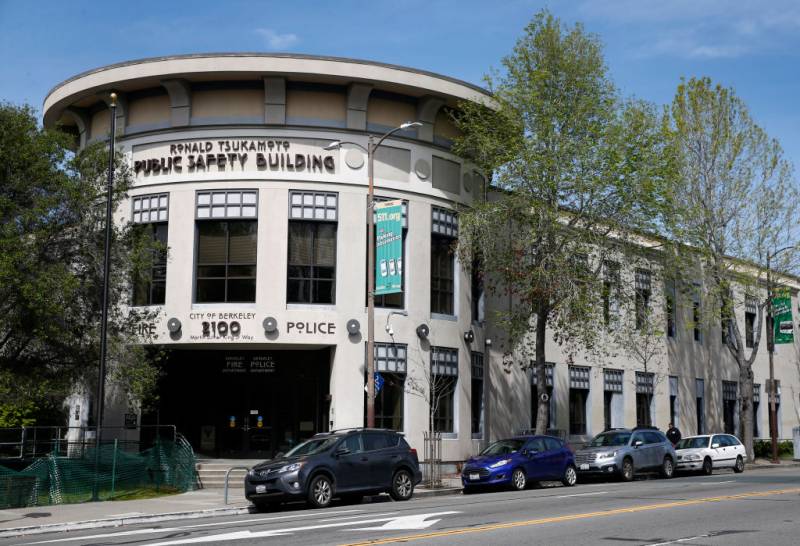The American Civil Liberties Union echoed their concerns with the technology and wrote a letter to Berkeley City Council ahead of Tuesday’s vote.
“ALPR systems represent a massive expansion of surveillance that frequently do not bring commensurate public safety benefits. Rather, in many circumstances, this technology causes more harm than good,” the letter reads.
In addition to data privacy concerns, ACLU wrote that technologies like ALPRs are often deployed in disadvantaged neighborhoods and could disproportionately punish residents in those areas.
“ALPR systems are easily misused to harm marginalized communities,” the ACLU wrote. “As with other surveillance technologies, police often deploy license plate readers in poor and historically overpoliced areas, regardless of crime rates.”
Tracy Rosenberg, advocacy director of Oakland Privacy, a citizens’ coalition that advocates for the regulation of surveillance technology, worries that the data collected by the scanners is susceptible to data breaches, and she’s skeptical over how the tool could prevent most types of crime.
“I’ve heard people saying it will prevent gun violence and a number of other things that it in very practical terms won’t do … So we have a situation where we’re using municipal resources for something that may not be able to deliver what people are being promised,” said Rosenberg.
“Do we really want the government tracking everywhere that our cars go and putting it into a cloud database online? These cloud databases can be leaky, things get hacked,” she added.
Rosenberg similarly has concerns with a statewide speed camera pilot program that is currently working its way through the California Legislature.
The bill, AB 645, would allow San Francisco, Oakland and San José to pilot an automated speed camera system, along with Los Angeles, Glendale and Long Beach.
Supporters say it can help deter pedestrian accidents and other road collisions. Funding collected from speeding tickets, which can run from $50 to $500 depending on the violation, would be earmarked for street infrastructure improvement projects.
Critics like Rosenberg say that cities should first invest in infrastructure improvement, violence prevention programs, and building better roads, which can improve traffic and public safety.
She pointed to how cities like Oakland and Richmond have used license plate scanners for years, but continue to battle many of the same challenges as Berkeley.
“If these readers really stop and prevent crime,” she said, “then why on earth haven’t they been working in those cities?”
KQED’s Rachael Myrow contributed reporting to this story.

